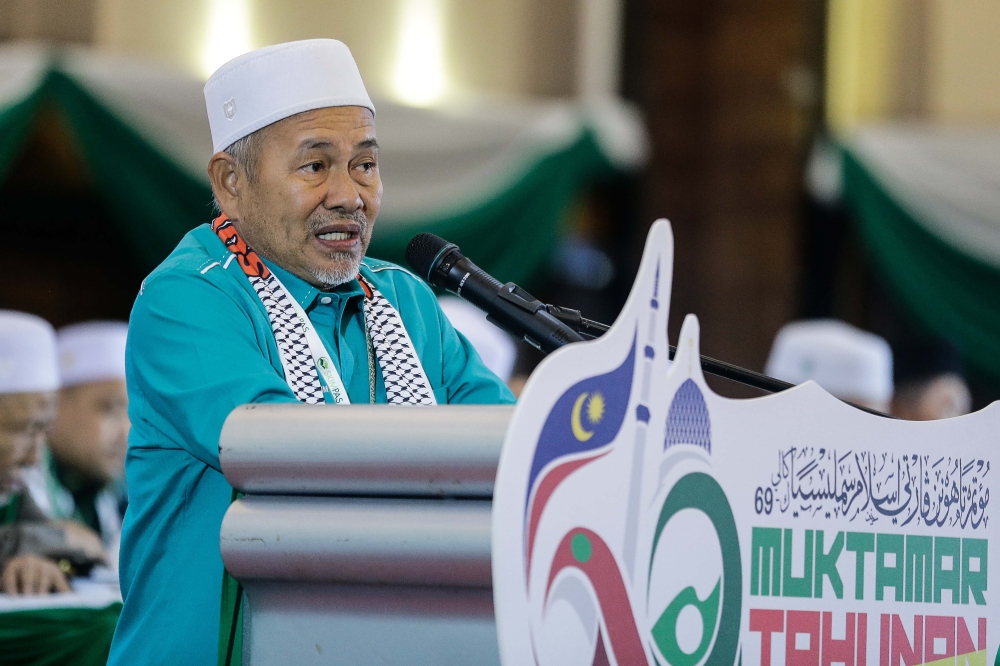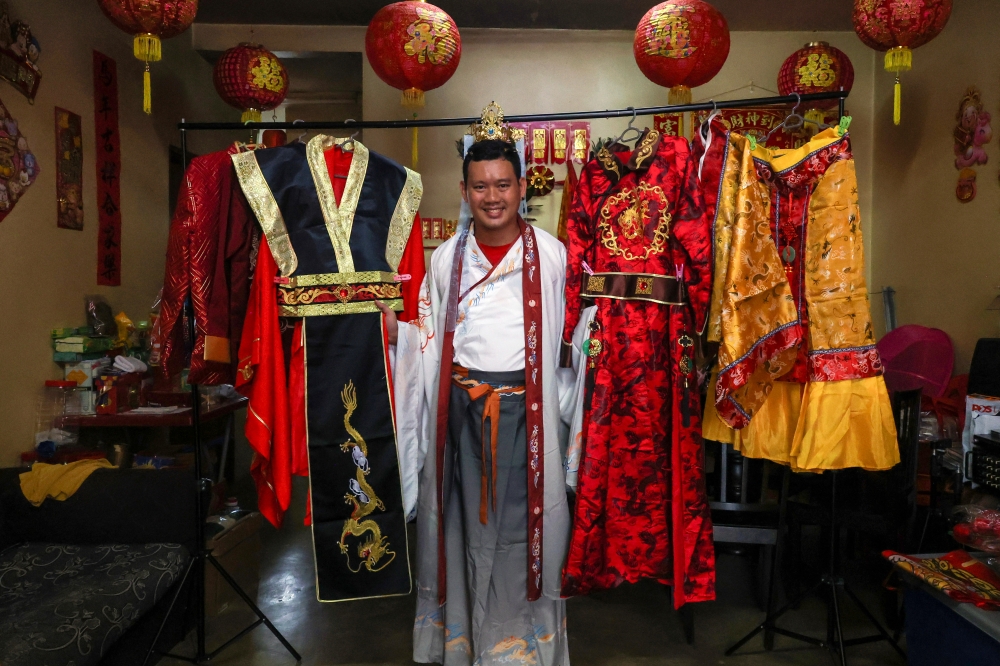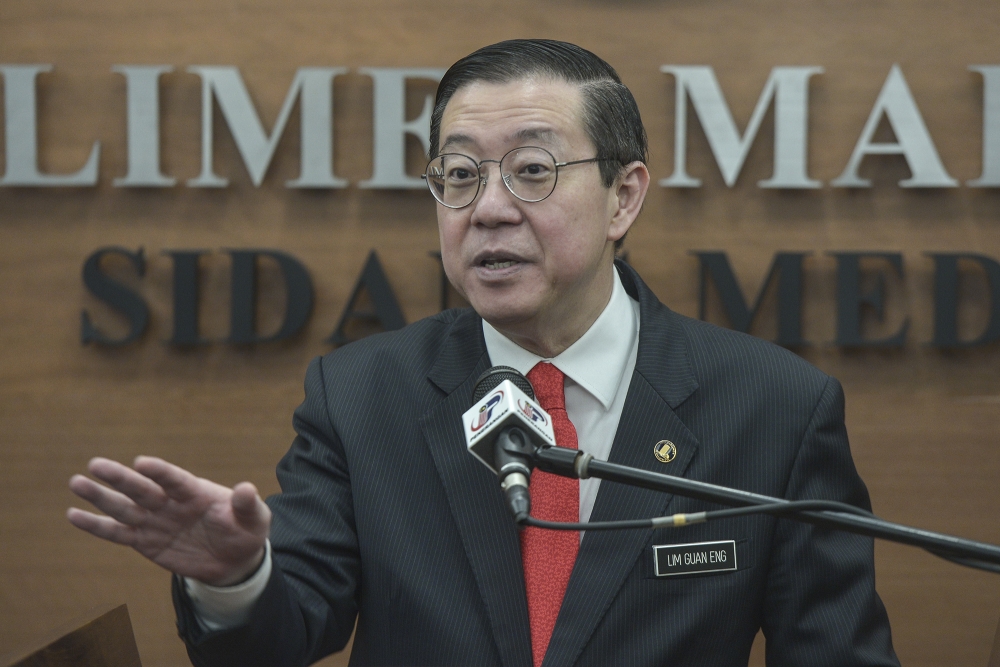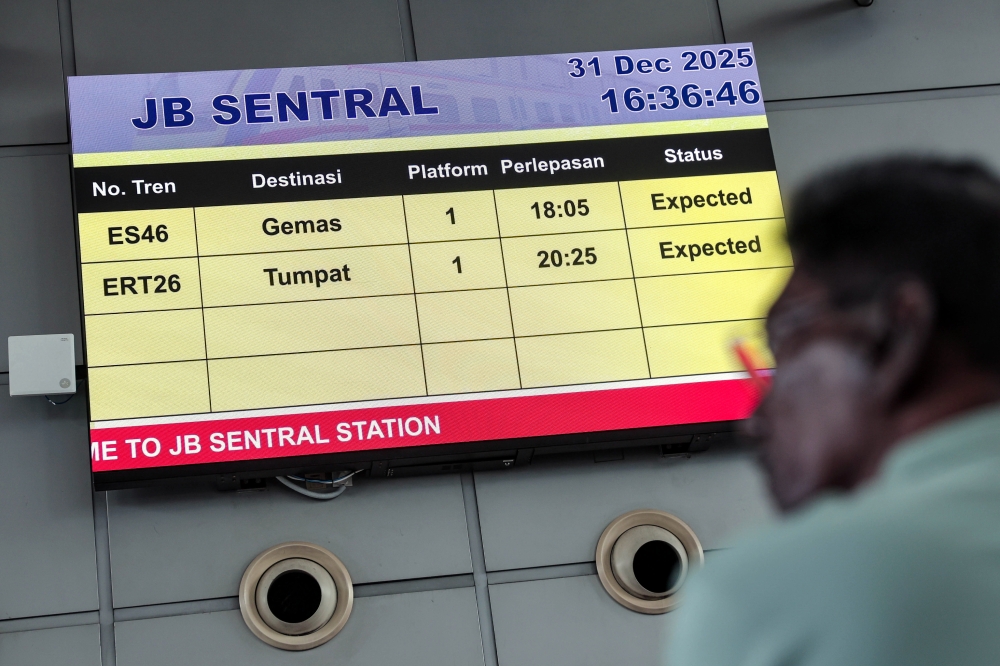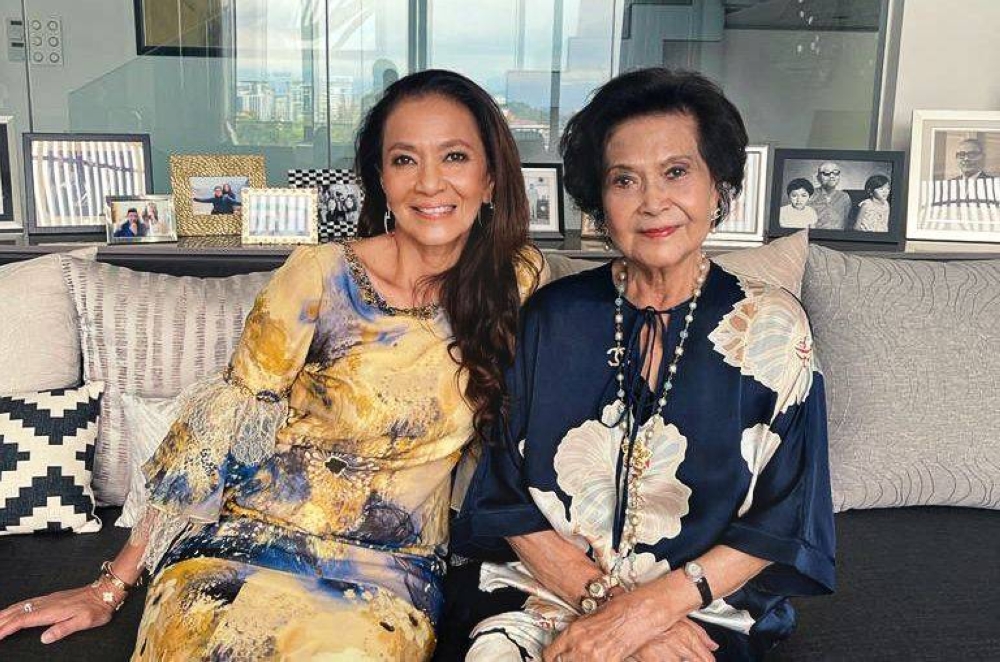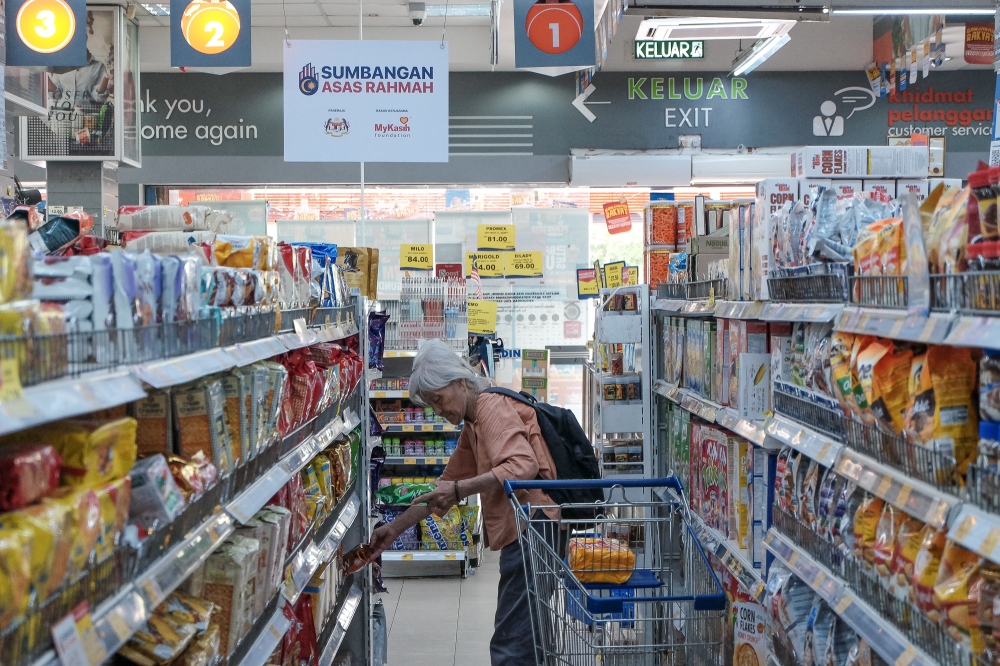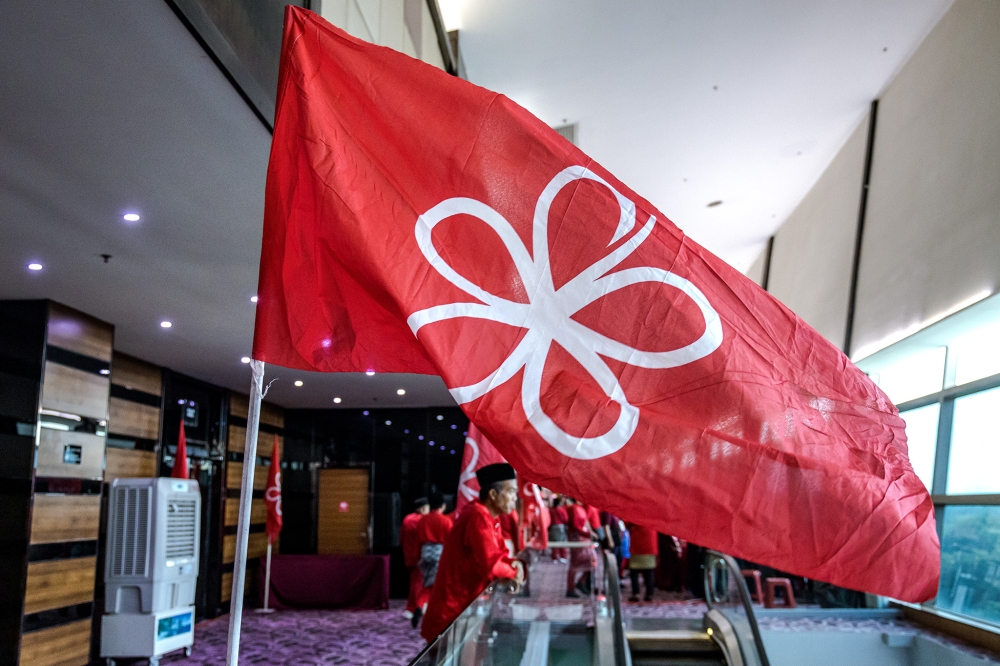AUGUST 31 — Pak is home late.
Locked out of the house by his wife, he’s fortunate to have a pint-sized ally who always comes to his rescue. Using all her strength, she drags a stool across the living room, stands on it, and undoes the latch which her stepmother had closed firmly earlier as a punishment for her husband’s tardiness. Once safely inside, her father pats her head affectionately and tells her what a good girl she is.
The man is Tunku Abdul Rahman, our first prime minister. The girl is my beloved mum, Tunku Khadijah. The year is 1940.
Father and daughter are very close; indeed, he’s the only parent she’s ever really known. Her mother passed away when Tunku Khadijah was just a year old. Mum was left with her only brother, Tunku Ahmad Nerang.
Fast forward more than 80 years.
Our family is busy making our plans for our beloved mother’s 90th birthday. I wanted to throw a big celebration, but she said: “Just do a small one for me, with family and my closest friends. I have led a long, full life; I am happy.’’
And as always, she wanted others to be happy, too. Even for her upcoming 90th, she wasn’t thinking of herself. Her birthday wish was to donate to Tasputra Perkim, a charity set up by her father, the Tunku, for special needs children.
They were so much alike.
On his 75th birthday in 1978, Tunku wrote an essay called “The Things I Cherish”, and said: “I have a special request to make of my friends and relatives and that is — don’t give me any birthday presents.” Instead, he wanted them to donate money to his latest project — a home he was building for recovering drug addicts in Penang.
Tunku once said, “according to Mahatma Gandhi, a leader is a servant and offers himself to serve; his duty must therefore be to make sacrifices. That is the only meaning I know, and that will be my guide and inspiration as a leader.”
He certainly lived up to it.
As we watch Tunku’s arm held aloft to usher in the birth of a new nation, it’s worth recalling that the same arm was often extended compassionately to help someone who needed it most.
His life was marked by extraordinary care for the less fortunate. From escaped victims of the Burmese death railway, to tens of thousands of Cham refugees from Cambodia, to the poor Indian student with big dreams but no money, so many benefited from his selfless generosity.
Like father, like daughter: my mother’s intended gift to Tasputra Perkim was just like her — and would have been just like him, too.
But it was not to be.
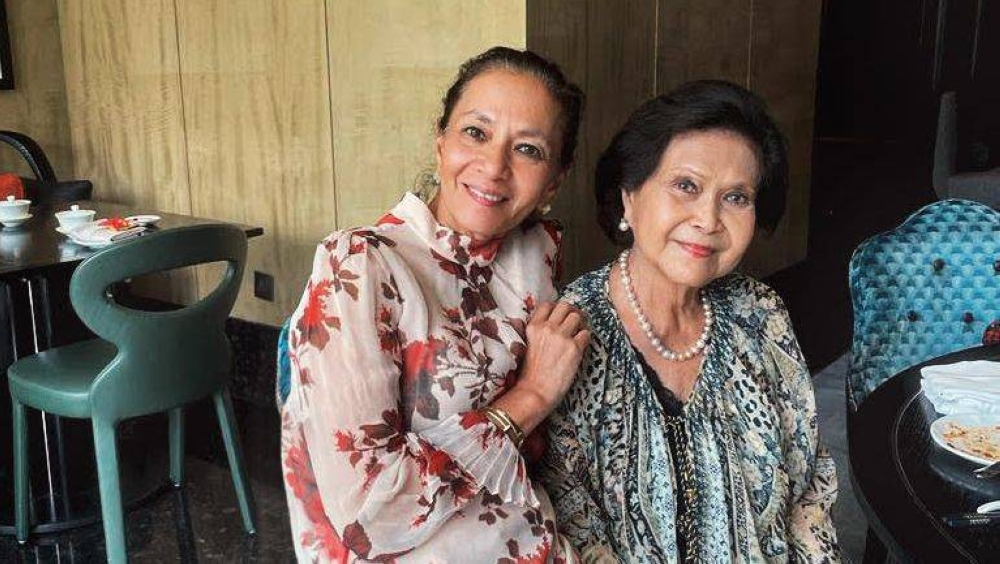
She took her last breath on Monday, August 15, at 6.50pm. We were all by her side as she departed peacefully. She had fought hard for eight months, but succumbed to lung cancer at the age of 89, just two months short of her 90th birthday. We’d tried everything so that we could enjoy our life with her just a little bit longer. But perhaps Allah loved her more.
She was always there; in every photo, on every holiday, and most of all, in my memories. She was my guiding light, my teacher, my mentor, and an ever-loving mother, always sharing special doa she knew, to keep us safe.
She said to me, knowing she was ill, “I will be happy if I can celebrate my birthday.” It was not to be, but I am happy to celebrate her life and her many gifts to me and my own children.
My mother once wrote: “Although I did not follow my father’s footsteps as far as politics was concerned, some part of him lives on in me. I also try to live up to my father’s advice to me to always be humble and kind, especially to the poor.”
The circle of life continues. She left me with the important life lessons she’d learned from the Tunku: to always give and never ask for anything back, to be kind and patient always, and to provide the same guidance to my own girls. She imparted these values of kindness, humility and compassion to all of us — and lived them.
Her generosity was so profound to everyone, from all walks of life, even strangers.
Every time we went to the hospital for her treatment, she would think of her nurses, and always bring them gifts of cakes and food. Her kindness touched all. Even her security guard came crying to us, on the day after she passed, wondering where she was — she had left, and didn’t return.
Just like her father, material richness was never as important to her as enriching the lives of others. For Tunku Abdul Rahman and his daughter, Tunku Khadijah, love for the common man was a thread that bound their lives together.
So, I will be honoured to carry out that final wish to donate to Tasputra Perkim on her behalf, and will try my best to continue her generosity and love for people, no matter who they are.
Like father, like daughter.
My mother inherited many things from Tunku, including his love of horses. She once wrote: “Every evening, I derive satisfaction from feeding and stroking the horses. At that moment, I get an overpowering sense of my father’s presence right there with me.”
A friend of his once explained the Tunku’s equine bond by saying that horses, just like people, respond to kindness, a trait that Tunku had in abundance. I think they sensed the same trait in my mother — always stamping their hooves in excitement when they heard her car approaching, looking forward to seeing her, and feeling her kind hands stroking their faces.
Yet all things must pass. The horses will miss her. As will I. The loss of a mother is never an easy thing for anyone. I will miss her, every day of my life. And although she is no longer with us, my love for her will remain forever in my heart. I will cherish and nurture this love forever.
So, this August is bittersweet for me; it marks the month in which the nation gained its Father, and I lost a mother. Yet I find great comfort in this quote by Emily Dickinson: “Unable are the loved to die. For love is immortality.”
A happy Merdeka and Malaysia Day to all of my fellow Malaysians. May we build a compassionate and caring nation, as both Tunku and my beloved mother Tunku Khadijah would have wished.
* Datin Seri Sharifah Menyalara Hussein is the granddaughter of Tunku Abdul Rahman, Malaysia’s founding father and first prime minister. Her beloved mother Tunku Khadijah was his eldest daughter.












